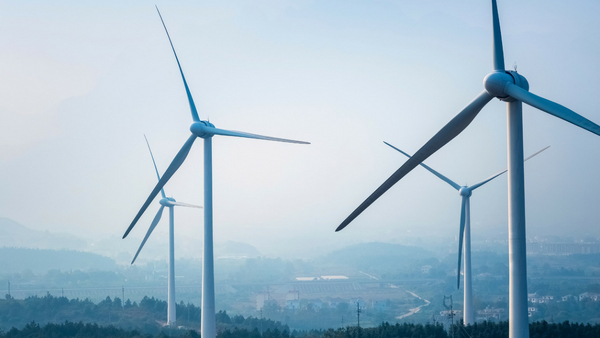Author
Late last month BEIS released two consultative documents which illustrate the changing policy landscape for renewable energy developers and funders in the UK: a consultation on the formal closure of the final component of the Feed-In Tariff (FIT) scheme and a call for evidence in relation to the Future for Small-Scale Low-Carbon Generation. These long-awaited documents give industry an opportunity to comment on the significant changes in the UK government’s approach to renewables policy over the last few years, which has seen a reduction in support for subsidy-based programmes and a movement towards a wider ‘clean growth’ approach.
What does the FIT scheme closure consultation say?
The first consultation seeks views on the Government’s plan to close the export tariff component of the Feed-In Tariff scheme alongside the generation tariff from 31 March 2019. If borne out in legislation (as is expected), this would round out the closure of the FIT Scheme in its entirety, with cancellation of the generation tariff already having been decided back in 2015. It is worth noting that the consultation confirms BEIS do not plan to apply any grace period for queued projects that miss the deadline.
There are few surprises in the wording of the consultation. The Government has consistently pointed towards the exceedingly high numbers of installations the scheme has supported as compared to its original goals, and the relative success of the FIT scheme in supporting small-scale renewable energy. From a policy perspective, it therefore seems understandable that the scheme is looking to be closed. However, this may come as little solace to those developers who have built successful businesses around the scheme. There may yet be some value for certain entities in commenting on the questions regarding the proposed transition procedures and how BEIS will apply the FIT rules to existing plants.
The FIT scheme closure consultation closes to submissions on 13 September 2019 and can be accessed here.
What is the ‘Future for Small-Scale Low-Carbon Generation: a call for evidence’?
The second consultation is more forward-looking, in that it addresses the big questions government is clearly grappling with in its approach to renewable generation policy and regulation for the future. The ‘Future for Small-Scale Low-Carbon Generation’ call for evidence seeks to “identify the role small-scale low-carbon generation can play in maximising the advantages for the UK in the global shift to clean growth” and the role for government and the private sector in addressing these challenges. The broad questions are far-reaching and would appear to provide industry with sufficient scope to make detailed and informed comment on these important policy questions.
Notably, the questions are not only limited to the generation end of the supply chain, and rightly so. Key issues around metering, innovation, and PPA markets (amongst others) crop up throughout the call for evidence. In this sense it is encouraging to see BEIS take more of a “systems” approach in its review of the complex issues related to energy policy, rather than concentrating on a particular market sector. Consistency and a level playing field are core themes in the paper and reflect concerns held by developers and funders. As the energy market becomes more fragmented and inherently more complex, it is increasingly difficult to categorise issues as exclusively relating to the ‘customer’, ‘supplier’, ‘generator’ or ‘distributor’. Policy in the energy supply chain, particularly as it relates to distributed energy resources, needs to reflect this fact if it is to achieve the goal of stimulating clean growth and investment.
The ‘Future for Small-Scale Low-Carbon Generation: a call for evidence’ closes to submissions on 30 August 2018 and can be accessed here.
For more information please contact Ian Holyoak, Partner in the Commercial team.
Print article

